Editors
Silvia Helena Koller
Universidade Federal do Rio Grande do Sul, Porto Alegre, Brazil
North-West University, Vanderbijlpark, South Africa
Simone dos Santos Paludo
Universidade Federal do Rio Grande, Rio Grande, Brazil
Normanda Araujo de Morais
Universidade de Fortaleza, Fortaleza, Brazil
ISBN 978-3-030-27904-2 e-ISBN 978-3-030-27905-9
https://doi.org/10.1007/978-3-030-27905-9
Translated from the Portuguese language edition: "Insero ecolgica: um mtodo de estudo do desenvolvimento humano" by Silvia Helena Koller, Normanda Araujo de Morais and Simone dos Santos Paludo (Eds.). Copyright (c) Pearson Clinical Brasil, 2016. All rights reserved.
Springer Nature Switzerland AG 2019
This work is subject to copyright. All rights are reserved by the Publisher, whether the whole or part of the material is concerned, specifically the rights of translation, reprinting, reuse of illustrations, recitation, broadcasting, reproduction on microfilms or in any other physical way, and transmission or information storage and retrieval, electronic adaptation, computer software, or by similar or dissimilar methodology now known or hereafter developed.
The use of general descriptive names, registered names, trademarks, service marks, etc. in this publication does not imply, even in the absence of a specific statement, that such names are exempt from the relevant protective laws and regulations and therefore free for general use.
The publisher, the authors, and the editors are safe to assume that the advice and information in this book are believed to be true and accurate at the date of publication. Neither the publisher nor the authors or the editors give a warranty, express or implied, with respect to the material contained herein or for any errors or omissions that may have been made. The publisher remains neutral with regard to jurisdictional claims in published maps and institutional affiliations.
This Springer imprint is published by the registered company Springer Nature Switzerland AG
The registered company address is: Gewerbestrasse 11, 6330 Cham, Switzerland
Foreword to the International Edition by Richard M. Lerner
Ecological Engagement is an invaluable scholarly example of the continuing societal importance and scientific utility of the scholarly contributions of Urie Bronfenbrenner. Although I never earned a degree under the tutelage of Urie Bronfenbrenner, I, most members of my generation of developmental scientists, and certainly the contributors to Ecological Engagement are Uries students. His vision for using developmental science to describe, explain, and optimize the lives of diverse people, as they lived and developed within the actual ecology of human development, has become the fundamental frame for theory and research in the study of the human life span.
Uries bioecological model was neither the first nor the only dynamic, relational developmental systems-based conception of human development. Nevertheless, it hasfor now almost a half centurystood as the best known and most widely used example of how coactions between an individual and the complex, nested, and integrated systems within his or her ecological setting create the basic process of development across life. This dynamic, relational process involves the specific individual and the specific features of his or her context in mutually influential coactions across time (the chronosystem) and place (the micro-, meso-, exo-, and macro-system). The process-person-context-time (PPCT) conception is, of course, the core of the bioecological model, but it is also a fundamental part of all dynamic, relational models of human development. The fact that, at this writing, these models are at the cutting-edge of developmental science is due in no small part to the power and persuasiveness of Uries scholarship.
The methodology of ecological engagement, which is explained and richly empirically illustrated in this book, is a singularly significant extension of the bioecological model. Indeed, in my view, it is a brilliant empirical instantiation of the PPCT component of the model. In the conduct of good science, method derives from theory; that is, the methodological tools selected for use by a researcher should derive from the specific, theory-predicated questions being addressed. The bioecological model generates questions about the specifics of the mutually influential individual-context relation, represented in many expressions of this conception as individual  context relations. These individual
context relations. These individual  context relations are the process in the PPCT framework.
context relations are the process in the PPCT framework.
Of course, the bioecological model goes well beyond a statement that the individual and the context are fused in a dynamic relation across life. It was Uries insight that the actual (ecologically valid) instantiation of this process required a thorough understanding of a persons specific attributes of individuality (the second P in the PPCT conception) in concert with the specific attributes of his or her context (the C in the PPCT conception), as this coaction changes across the levels of the chronosystem (the T in the PPCT conception). Therefore, to describe, explain, and optimize the trajectories of development for any individualand in particular, the diverse and often underserved and marginalized children whose ecologies are marked by adversity and ongoing challenges to not only their health and well-being but, as well, to their very existencemethods must be used to understand their individual, contextual, and developmental specificity.
The singular and historically important contribution of ecological engagement methodology is that it provides a clear and compellingly rationalized set of procedures that, together, assure that questions derived from the use of the PPCT conception can be addressed systematically and comprehensively with the scientific rigor that Urie insisted must be used to persuade scientific colleagues and policy-makers and practitioners that the information derived from research was valid internally and externally in regard to the ecology of the individuals participating in the research. The methodology triangulates observations across multiple dimensions: for example, quantitative and qualitative, explanatory research and intervention research, predesigned and formatively researcher 

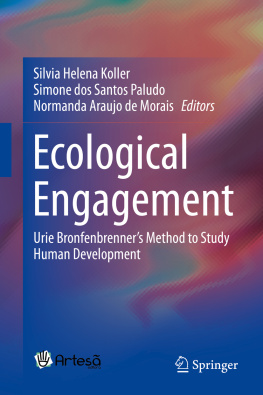
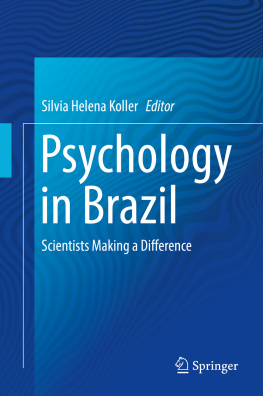

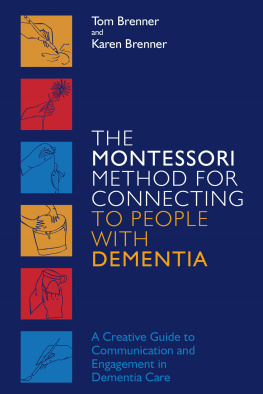
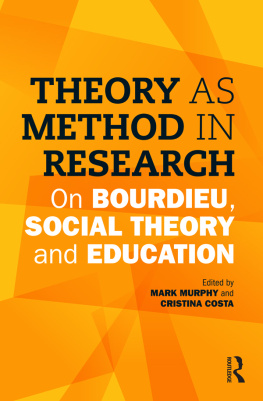
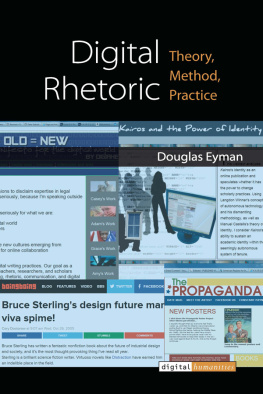
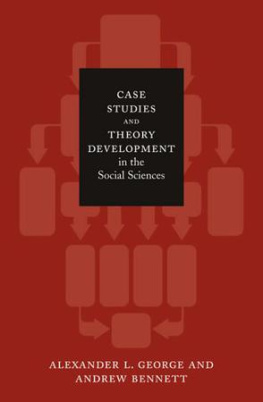
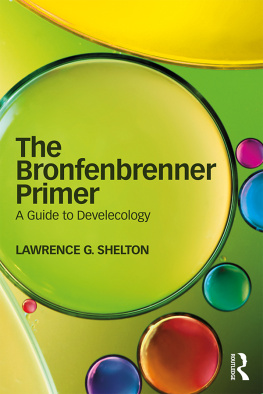
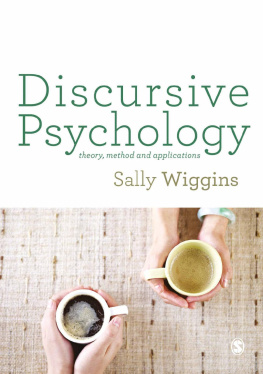

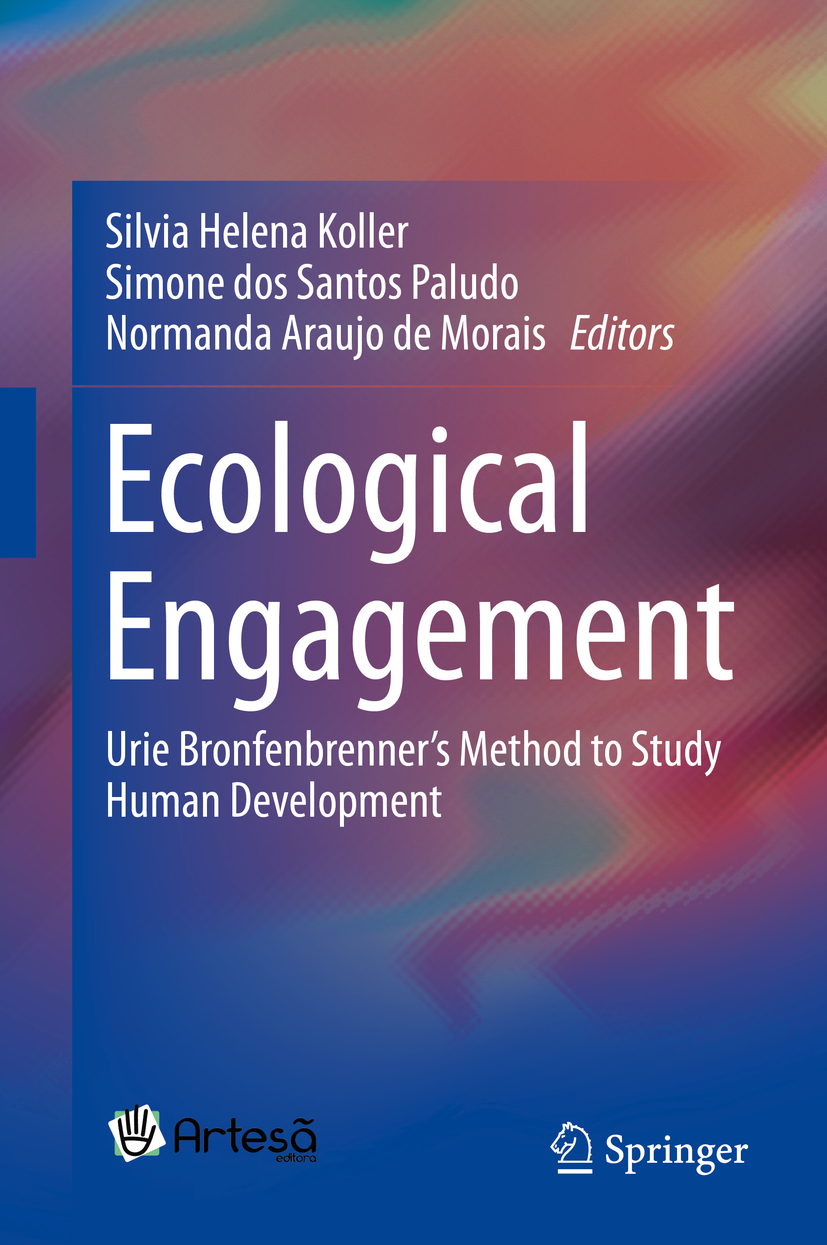


 context relations. These individual
context relations. These individual